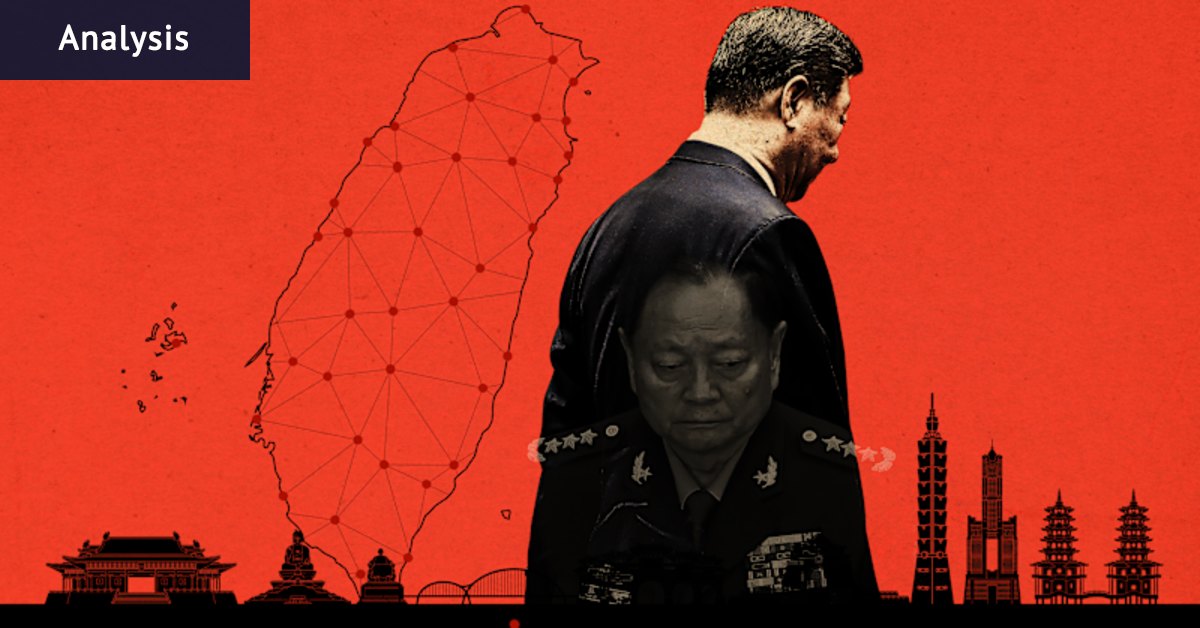
As Australia approaches the issuance of its one millionth permanent visa through its refugee and humanitarian program, advocates are urging a dual focus on celebration and reform. The milestone, expected by the end of this year, marks a significant chapter in Australia’s post-World War II history, highlighting the contributions of refugees to the nation’s social and economic fabric.
Rebecca Eckart, director of policy and research at the Refugee Council of Australia, emphasized the significance of this achievement. “That means we’ll have had the benefit of over the past 80 years, people who have come through our refugee and humanitarian program arriving in Australia,” she stated.
Historical Context of Refugee Intake
Australia’s history of welcoming refugees began in earnest in the aftermath of World War II, when over 170,000 European refugees were resettled. The Vietnam War further expanded this effort, with 100,000 Vietnamese refugees settling in Australia over a decade. The 1980s saw the annual intake increase to 22,000, and the 1990s introduced the Special Assistance visa, addressing conflicts in regions such as the former Yugoslavia, East Timor, Lebanon, and Sudan.
In recent years, the focus has shifted to refugees from the Middle East, Africa, and the Asia-Pacific, including a special annual intake of 12,000 Syrian and Iraqi refugees since 2015. Eckart noted that the visa milestone serves as a poignant reminder of the diverse stories that have shaped Australian history. “Today, there’s millions of people who are connected to our humanitarian program, either directly or through their parents, grandparents, or great grandparents. It’s a really momentous time,” she said.
Australia’s Approach to Asylum Seekers
Professor Daniel Ghezelbash, director of the Kaldor Centre for International Refugee Law, views the milestone as an opportunity to reassess Australia’s response to global displacement. “I really think it’s a cause for celebration and a moment to mark the transformative contributions that refugees and their families have made to our society and our economy over many, many decades now,” he stated.
However, Ghezelbash also highlighted ongoing concerns about Australia’s asylum policies. Since 1947, over 850,000 permanent visas have been issued to applicants from outside Australia, while just over 81,000 have been granted to those seeking protection after arriving in the country.
“I think our relatively generous resettlement program stands in great contrast to the way we treat asylum seekers. And so I think that’s really the room where the biggest concerns and the biggest criticism of our policies come from,” Ghezelbash noted.
Australia’s policy of offshore processing for asylum seekers arriving by boat, implemented in 2001 and amended in 2013 to prevent permanent visas for these arrivals, has been a point of contention. This policy has received bipartisan support but has faced widespread international criticism.
Calls for Policy Reform and a Shift in Narrative
As the nation prepares to welcome its one millionth refugee on a permanent visa, there is a simultaneous call for policy reform. Ghezelbash advocates for a balance between border security and broader access to protection. “What these policies do is they send a really bad signal internationally and Australia should be a leader when it comes to promoting protection. But in fact, we’ve been doing the exact opposite, setting up these models of deterrence, which have been emulated around the world,” he said.
Personal stories, like that of Tahera Nassrat, underscore the need for a narrative shift. Nassrat, who fled Afghanistan over 25 years ago, now contributes to Australian society as a tax accountant and business coach. She is also the founder of the Afghan Peace Foundation, supporting others from refugee backgrounds.
“I hear people say ‘Oh you’re a refugee, you’re always a burden to the government’. I’m here, sitting around the same table as you, I’m contributing,” Nassrat said. “Refugees come to a country like Australia, as they do to any other country, with a rich culture, with capability, with responsibility. They want to contribute.”
The milestone of one million humanitarian visas is not just a number but a testament to the resilience and contributions of refugees. As Australia reflects on this achievement, the calls for policy reform and a shift in public perception are louder than ever, urging a future where humanitarian efforts are matched by compassionate and effective policies.







